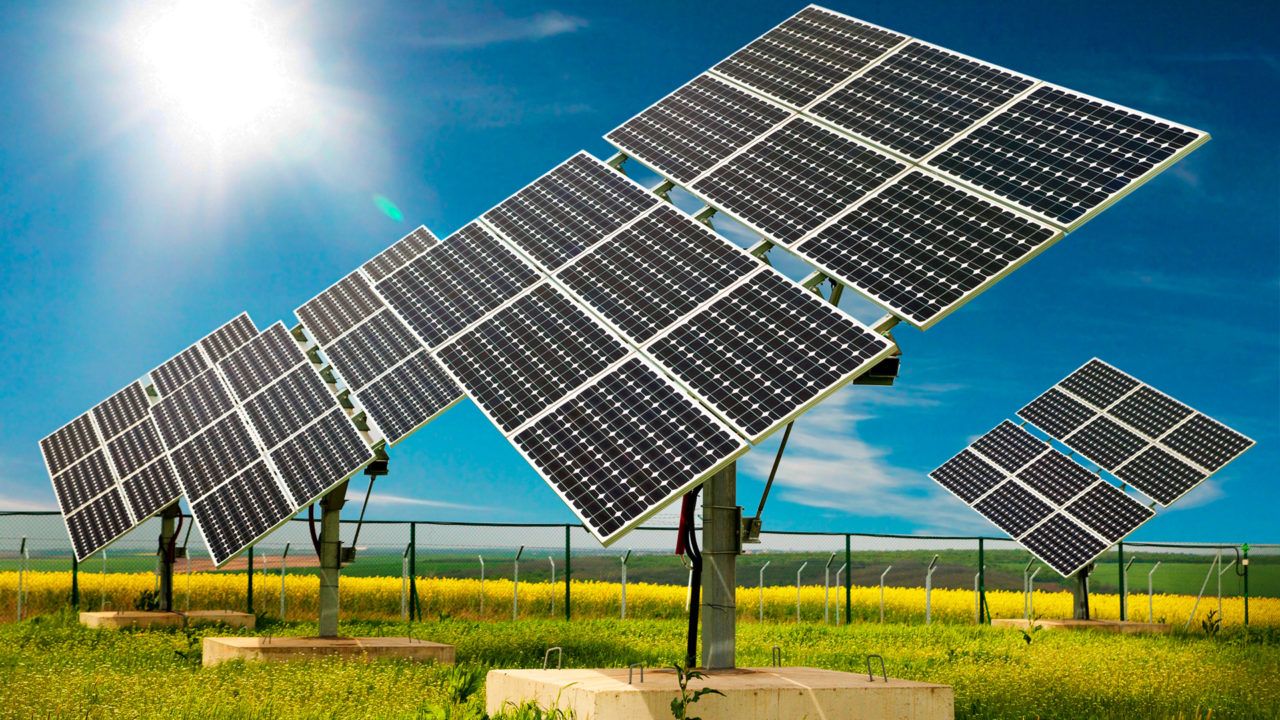Renewable energy is an indication of hope in the quest to create a sustainable source of electricity. As we enter an era in which environmental issues are on the agenda in our daily lives, the importance of harnessing nature’s power can’t be overemphasized. In this piece, I dive into the subject that is renewable power and its crucial impact on shaping our electricity landscape. One of the key benefits of renewable energy is its potential to provide cheap electricty, making it not only environmentally friendly but also economically advantageous.
Renewable Energy
Renewable sources of energy, like hydroelectric, solar, wind and geothermal power are derived from natural replenishing processes. In contrast to fossil fuels, which are limited and cause the degradation of the environment, renewable energy is an alternative that is sustainable.
Solar Power: The Rise of Solar Power
Solar power has become an early leader in the field in renewable power. The abundant sunlight is an untapped source for creating electricity. Through advances in photovoltaic technologies, harnessing the sun’s energy is becoming more efficient and economical. In addition, the decentralization of solar panels permits energy production right directly at the source of consumption, thus reducing transmission losses.
The Power of Wind
Wind energy has enormous potential when it comes to low-cost electricity. Wind turbines convert the energy produced by wind into electrical energy which is a safe and sustainable power source. The possibility of scaling wind farms, paired with favorable conditions for wind across different regions, make wind power a viable addition for the overall energy mix.
Exploring Hydroelectric Energy
Hydroelectric power utilizes the energy of running water to produce electricity. Dams and reservoirs are the hydroelectric plant’s infrastructure which provide an efficient source of energy that is renewable. Even with initial capital investment in the long run, hydroelectric power can provide long-term benefits that include lower operating costs and a least environmental impact.
The benefits of Renewable Energy
Renewable energy offers a variety of benefits that go beyond sustainability. Let’s take a look at the main advantages:
- Environment Sustainability: by decreasing the dependence of fossil fuels and renewable sources, it helps to reduce greenhouse gas emissions, thereby reducing climate change, and protecting ecosystems.
- Energy Independence Utilizing renewable indigenous sources increases energy security and reduces the dependence from foreign suppliers of energy.
- Economic viability: Despite initial investment renewable energy projects provide the opportunity to save money over time, particularly as technological advancements and economies of scale become apparent.
The Way Forward
As we make the shift to renewable energy, cooperation between industries, governments as well as communities is crucial. Frameworks for policy that encourage investments in renewable infrastructure and research are essential to drive the shift. In addition, education and public awareness are crucial to the development of a sustainable mindset.
In the end the transition to renewable energy is a ray of hope for those who are searching to create a sustainable electric power source. By harnessing the power of nature we are paving the way to an eco-friendly, cleaner future for the future generations.
The most important takeaways
- Renewable energy sources provide an environmentally sustainable alternative to fossil fuels, and can contribute to the preservation of the environment.
- Wind, solar as well as hydroelectric energy are the main players in the field of renewable energy. They offer numerous sources of clean energy.
- Collaboration between the government, industry and communities is crucial to accelerate the transition towards renewable energy.
Embracing Affordable Electricity
Renewable energy can be a source of hope for those looking for affordable power solutions. Through harnessing the abundance of natural resources, these energy technologies can provide an opportunity to save money and environmentally sustainable energy generation. Let’s look at how various renewable sources can contribute to this effort:
- Solar Power: Due to the plummeting prices of solar panels as well as technological advancements solar power is becoming more affordable. The abundance of sunshine across many areas ensures the availability of a reliable and affordable source of power.
- Wind Power: Wind power has one among the cheapest electricity production costs in the world. As technology for wind turbines is improving and scale economies emerge and cost-effectiveness is improved, wind power is further boosted.
- Hydroelectricity: Though the initial costs for infrastructure may be high however, hydroelectric power is low in operating costs, which means inexpensive electricity in the long-term. Additionally, hydroelectric power plants last for a long time to ensure an efficient and reliable energy source.
Innovating to lower costs
Innovation can be an engine for reducing the cost for renewable power. Research and development efforts focus on increasing energy efficiency in renewable energy technologies which will reduce the cost of installation and maintenance. Furthermore, the economies of scale that result from increasing deployment also contribute to cost reduction.
Policy Support for Energy Accessibility
Government policies play an essential contribution to ensuring the affordableness for power. Incentive programs, including rebates on taxes and tariffs for feed-in help to encourage investments in infrastructure, which makes renewable energy more affordable and affordable. Additionally regulations that encourage renewable energy integration into the electric grid encourage competition between the markets and lower costs.
Conclusion
In the world of energy from sources, the quest of low-cost electricity is interwoven with the larger objectives of environmental sustainability and sustainability. Through harnessing the abundance of nature’s resources and taking advantage of technological advancement to create the foundation to an energy future that is affordable and renewable energy.
